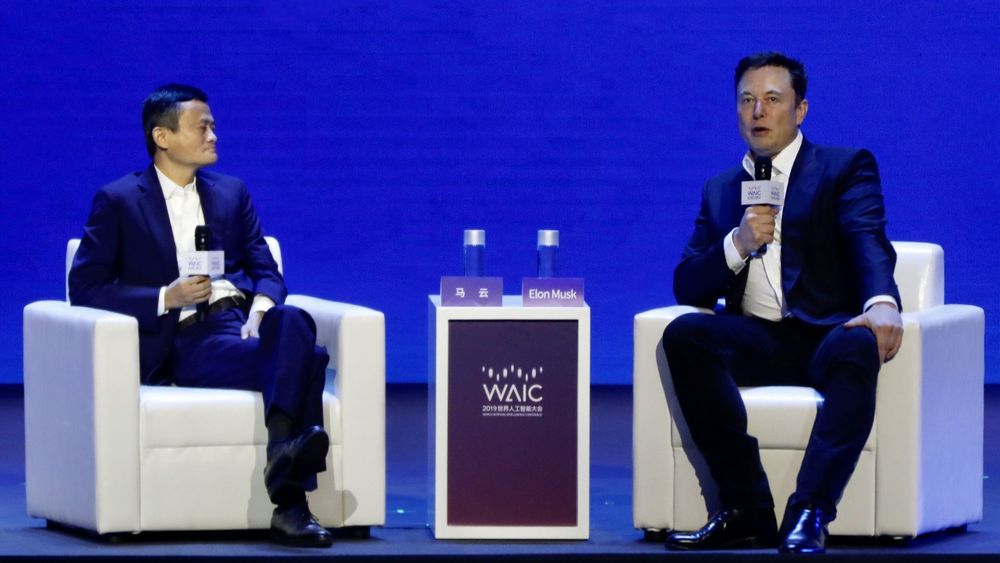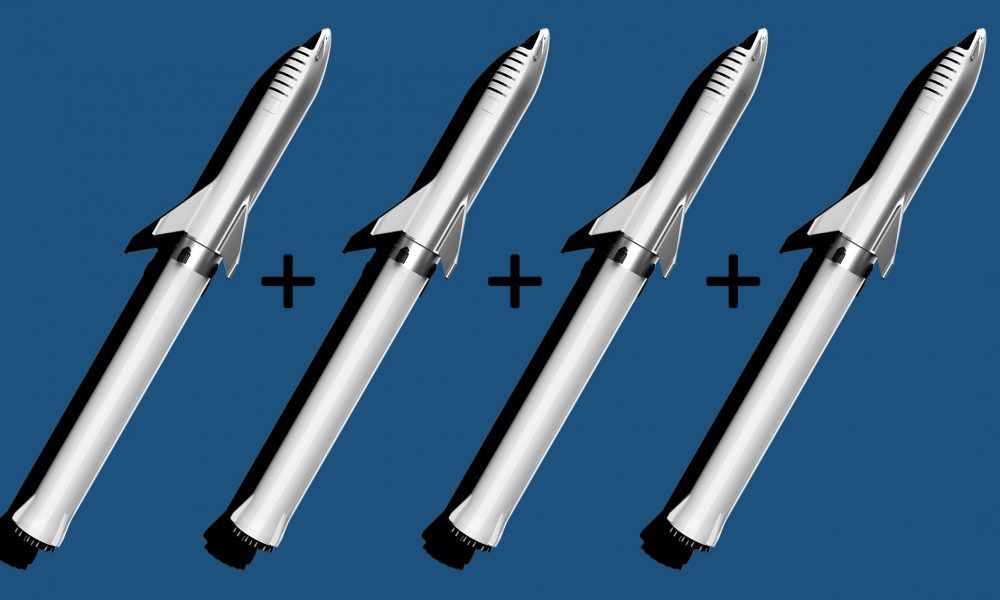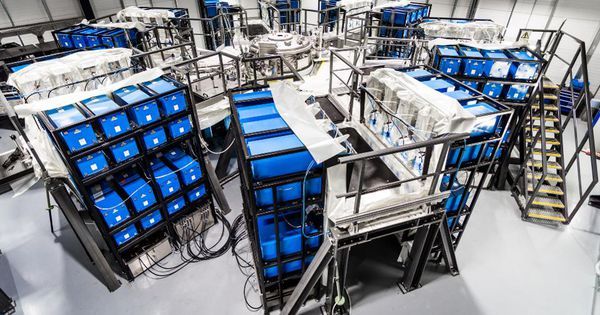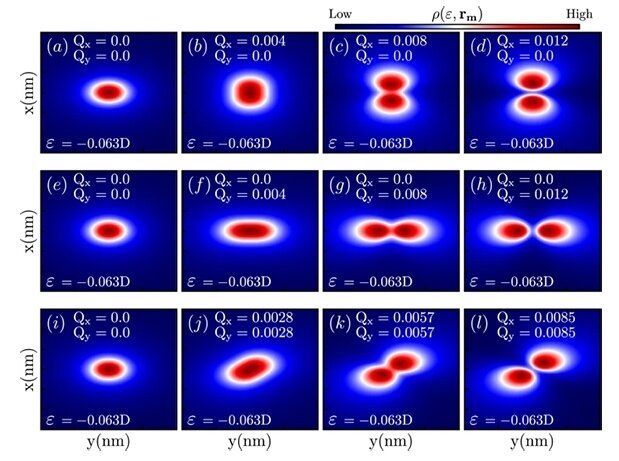Hinted at in a brief tweet on August 28th, SpaceX CEO Elon Musk says that SpaceX’s massive Starship and Super Heavy launch vehicle – set to be the most powerful rocket ever built upon completion – could eventually be followed by a rocket multiple times larger.
SpaceX is currently in the process of assembling the first full-fidelity prototypes of Starship, a 9m (30 ft) diameter, 55m (180 ft) tall reusable spacecraft and upper stage. Two prototypes – Mk1 and Mk2 – are simultaneously being built in Texas and Florida, respectively, while the beginnings of the first Super Heavy prototype has visibly begun to take shape at SpaceX’s Florida campus.
Once complete, Starship’s Super Heavy booster will be the single most powerful rocket booster ever built, standing at least 70m (230 ft) tall on its own and capable of producing as much as ~90,000 kN (19,600,000 lbf) of thrust with 30 250-ton-thrust and 7 200-ton-thrust Raptor engines installed. Assuming 31 throttleable 200-ton Raptors, Super Heavy’s minimum max thrust is a still record-breaking ~62,000 kN (13.7 million lbf).








